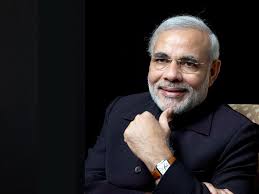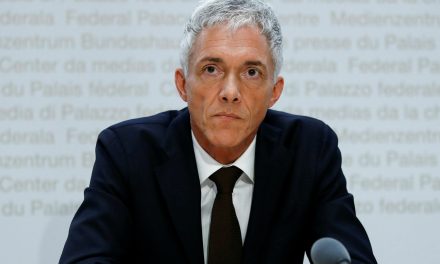Indian Prime Minister Manmohan Singh has told leaders of political parties that he is committed to finding a consensus on an anti-corruption bill.
Prime Minister Manmohan Singh
The Lokpal bill has passed in the lower house of parliament but not in the upper house. The Lokpal would empower an independent ombudsman to prosecute politicians and civil servants suspected of corruption.
Mr. Singh told the all-party meeting in the capital, Delhi, that his government was committed to a strong Lokpal bill.
There is a rumour that the government may drop the clauses pertaining to setting up of Lokayuktas in states, as this provision faced stiff opposition from all sides. There is another rumour that Anna Hazare may go on a fast from March 25 to get the Lokpal Bill passed.
Singh’s fragile coalition government has been shaken by a number of corruption scandals one after another – Common Wealth Games followed by 2G spectrum scam and now the coal scam. Rahul Gandhi’s score in the recent state elections also might have contributed to this sense of urgency in PM Singh.
In the Transparency International’s corruption perceptions index, India ranked 95th out of 183 countries with a score of 3.1 in a scale of 0 to 10 where 0 is the most corrupt. In comparison South Korea is in the 43rd place with a score of 5.4 and Singapore in the 5th place with a score of 9.2.. There is a long way to go for India. The Transparency International India in its report stated that private sector was no longer a victim of corruption in India but a collaborator in collusive corruption. So there is also a need to rein in private sector corruption. Central Vigilance Commission’s (CVC) website highlighted this report.
Opposition parties have moved nearly 100 amendments to the bill, pointing to differences with the government over the composition and powers of the proposed ombudsman.













